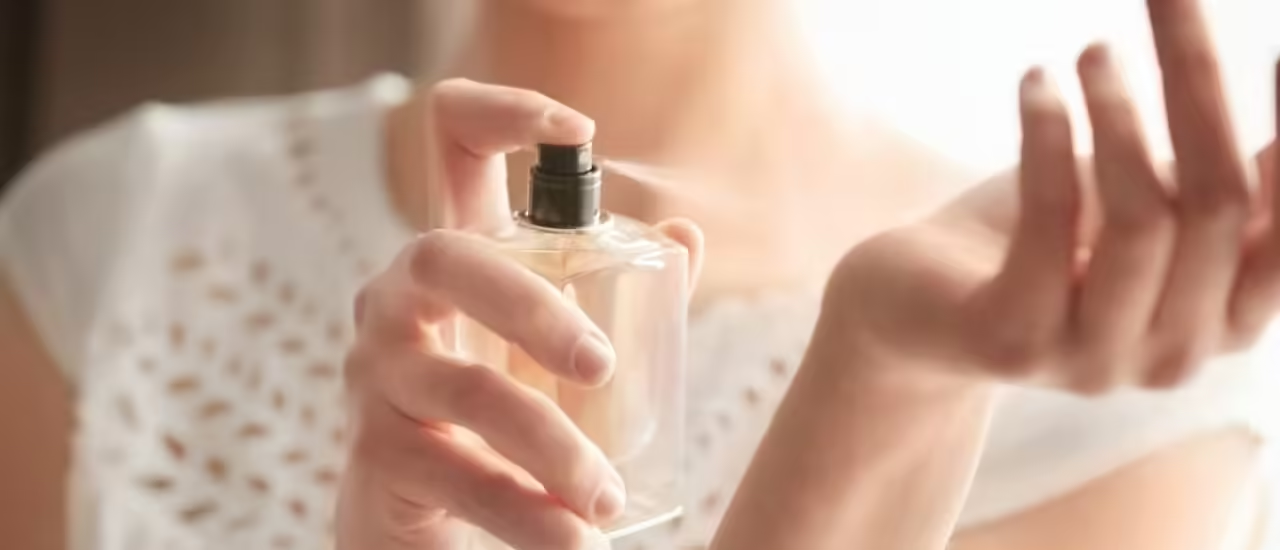When it comes to selecting the perfect fragrance, many of us have experienced the perplexing phenomenon where the same perfume can smell remarkably different on different people. You might spritz on a scent that a friend swears by, only to find it doesn’t quite resonate with your own skin. The secret behind this olfactory mystery lies in the concept of skin chemistry.
Understanding Skin Chemistry
Skin chemistry refers to the unique combination of factors that influence how a fragrance interacts with your skin. Just as no two individuals are alike, our skin’s chemical makeup varies widely. Several key factors contribute to this individuality:
- Skin Type: The type of skin you have—whether oily, dry, or combination—plays a significant role in how a fragrance develops. Oily skin tends to hold fragrances longer, often amplifying certain notes, while dry skin may cause scents to fade more quickly. If you have oily skin, the natural oils can enhance the sweetness of a perfume, while dry skin might lead to a more muted scent profile.
- pH Levels: Each person’s skin has a natural pH level that can range from acidic to alkaline. A more acidic pH can enhance the floral notes in a fragrance, while an alkaline pH might amplify woodsy or musky undertones. This subtle difference can lead to drastically different experiences with the same perfume.
- Diet: What you consume can also affect your skin’s chemistry. Diets rich in spicy or fatty foods may alter your skin’s scent, which can, in turn, affect how a fragrance develops on your skin. Similarly, hydration plays a crucial role; well-hydrated skin tends to absorb and emit fragrance differently than dry skin, leading to a more vibrant scent experience.
- Hormones: Hormonal fluctuations—such as those occurring during menstrual cycles or pregnancy—can change your body’s natural scent. These hormonal changes can alter how a fragrance smells, making it more or less appealing at different times. Understanding these fluctuations can help you choose the right premium perfume for any occasion.
- Environmental Factors: The climate you live in can also affect how fragrances evolve. In humid conditions, scents may become more intense, while colder, drier climates may mute them. This means that a perfume you love in one season might smell different in another.
The Role of Fragrance Notes
Perfumes are composed of top, middle, and base notes. The top notes are what you smell immediately after application, while the middle notes develop as the perfume settles on your skin. Finally, the base notes create the lasting impression. Your unique skin chemistry can significantly alter how these notes unfold, making a fragrance truly personal.
For instance, premium fragrances like Berry Ardens perfumes feature complex compositions that may highlight fruity notes upon first spray but transition into deeper, woodsy tones as the day progresses. The interaction of these notes with your skin chemistry can transform the scent into something uniquely yours.
Testing Perfumes Effectively
When exploring new scents, it’s essential to test perfumes on your skin rather than relying solely on scent strips. Here are some tips for effective testing:
- Apply to Pulse Points: Spraying perfume on pulse points—such as your wrists, neck, and behind your ears—can help you better gauge how it develops throughout the day. These areas emit heat, which can enhance the fragrance.
- Be Patient: Give the fragrance some time to settle. The initial spritz may not be the same as the scent after a few hours. This is crucial for understanding how a premium fragrance like Berry Ardens evolves.
- Avoid Mixing Scents: Test one fragrance at a time to avoid confusion and ensure you’re accurately assessing each scent. This will help you appreciate the unique characteristics of each perfume.
Choosing the Right Perfume
Understanding your skin chemistry can help you select fragrances that complement your unique body chemistry. Here are some tips for choosing the right scent:
- Know Your Preferences: Identify what types of scents you’re drawn to—floral, fruity, woody, or oriental. This will guide you in selecting premium perfumes that resonate with your personal style.
- Consult Experts: Seeking advice from fragrance specialists, like Parush Khanna, a renowned Perfume Expert and Consultant, can provide valuable insights. Experts can help you understand how different scents might interact with your skin and offer recommendations based on your preferences.
- Experiment Freely: Fragrance is highly subjective. Don’t hesitate to try new scents and brands until you find what works best for you. Exploring a range of premium fragrances can lead to delightful discoveries.


